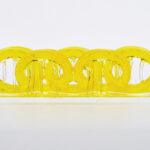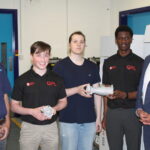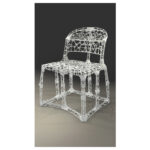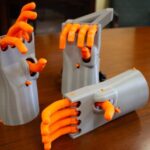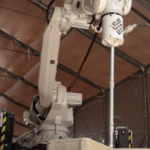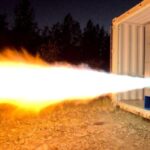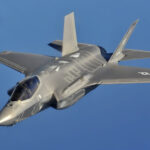BMW is employing 3D printed bionic grippers to enhance production efficiency and flexibility. The company has manufactured over 400,000 components using additive manufacturing, integrating these parts into both vehicle models and production tools. In 2023 alone, BMW’s Additive Manufacturing Campus in Oberschleißheim produced over 300,000 3D printed parts.

To aid in the manufacturing of CFRP roofs and other components, BMW has fabricated robotic grippers using additive manufacturing. These grippers are produced in just 22 hours and are 20% lighter than traditional versions. This weight reduction allows for faster production cycles, less wear on robots, and decreased maintenance costs.
BMW employs a combination of selective laser sintering (SLS) and large-scale printing (LSP) to produce these grippers. SLS is used to form vacuum and needle grippers, while LSP creates the larger structural components. This method also enables the use of recycled materials, reducing CO2 emissions by over 60% compared to conventional methods.
BMW’s integration of additive manufacturing is supported by advanced software tools like Synera, which optimize the design of bionic structures for 3D printing, maximizing the lightweight potential of the components.
Overall, BMW’s use of 3D printed bionic grippers reduces production costs and improves efficiency by enabling lighter, faster, and more adaptable manufacturing processes.
Source: k-zeitung.de


